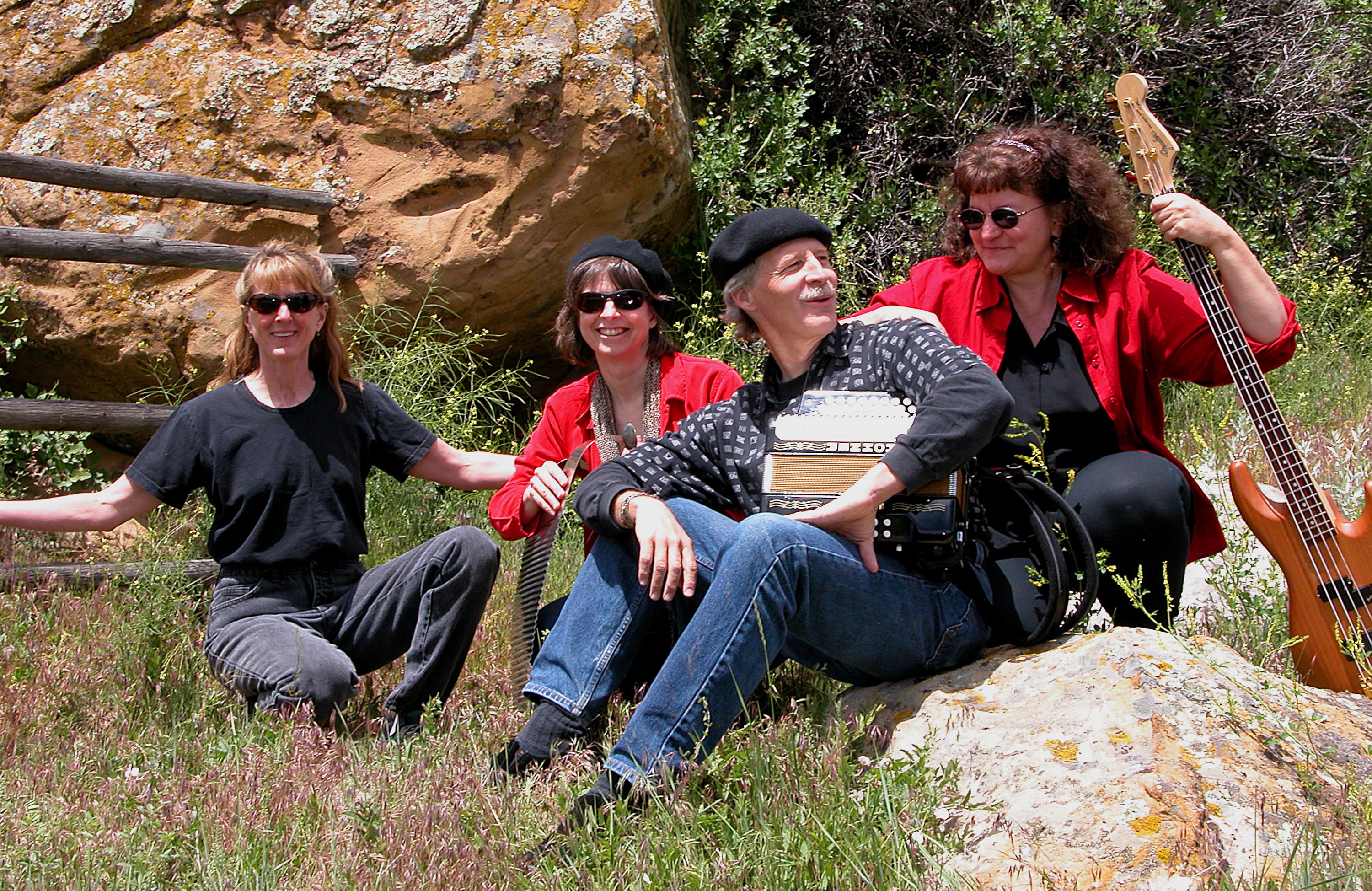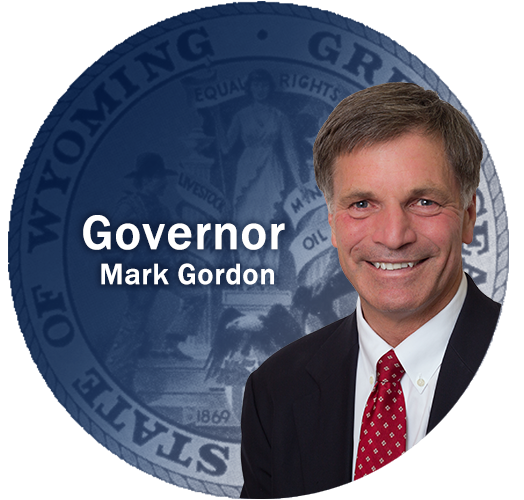
The Fireants - david.romtvedt@gmail.com
Buffalo, WY
Classical/Jazz Musicians & Composers | Folk/Traditional Arts & Native Arts | Independent Music | Singers & Songwriters
Web | http://www.fireantsband.com
Description:
T H E F I R E A N T S
began as a trio with Margo Brown, Courtney Caplan, and David Romtvedt playing traditional Cajun and Tex-Mex music. This trio had a regular gig playing at a coffeehouse in Sheridan, Wyoming where one night a woman approached us to say she enjoyed our music and wondered if she might come by some time to play casually and get to know us. We said, "Yes, of course." That was bassist Cindy Baker and the first time we played with her, we knew we wanted her in our band. We played for many years as a quartet then one day we noticed that David and Margo's daughter Caitlin Belem was playing with us all the time and so for many events we play as a five-piece group.
Over the years a number of friends have helped us as guest musicians--David Cahn on bass, Daniel Steinberg on piano, Karen Leigh on guitar and bass, Fred Serna and Jascha Herdt on drums, Paul Taylor on didjeridoo, and Peter Langston on guitar. These musicians are Fireuncles. Peter Langston has helped us with our recordings and played at many of our gigs and so he is both Fireuncle and Fireant.
Here's a little more about our four, five, or six core band members:
Cindy Baker (Bass and vocals) lives in Sheridan where she works as an ayurvedic
practitioner and yoga instructor (aplaceofwholeness.com).
Margo Brown (percussion, piano, and vocals) lives in Buffalo where she works as a
potter and is the owner of Margo's Pottery, a gallery of American functional crafts
(margospottery.com).
Courtney Caplan (guitar, flute, and vocals) lives in Story and operates Piney Creek
Pottery out of a beautiful rammed earth studio (pineycreekpottery.com).
Peter Langston (guitar and vocals) lives in Seattle, WA where he plays a lot of
music. He is a founder and director of Puget Sound Guitar Workshop (langston.com).
Caitlin Romtvedt (guitar, alto sax, fiddle, and vocals) lives in Seattle, WA where
she plays with the Funk band @Five and and the Brazilian Cuban group Maracujá. She
has worked at Empty Sea Studio, a recording and acoustic music venue and as a
program manager for the Centrum foundation and Northwest Folklife Festival.
She's been a faculty member at Centrum's Acoustic Blues Festival, at Pinewoods
Family Music Camp, and at Puget Sound Guitar Workshop. (caitlinbelem.com).
David Romtvedt (button accordions, trumpet, and vocals) lives in Buffalo. A past
poet laureate of Wyoming, he teaches in the University of Wyoming MFA program
for writers. Along with his wife Margo Brown, he is a founder and board member
of Wyoming Worlds of Music (wyomingworldsofmusic.com). He's taught at
Pinewoods Music Camp, the Festival of American Fiddle Tunes, Sierra Swing, and
Puget Sound Guitar Workshop. (david.romtvedt@gmail.com)
T H E F I R E A N T S P L A Y
a variety of American traditional musics though we rearrange tunes a lot. Often we write lyrics for instrumental pieces or we write melodies to go with poems or fragments of letters or bits of overheard conversation. Sometimes we write additional parts to exisiting songs or we rewrite lyrics to fit our experience and sensibilities. In terms of contemporary concepts of intellectual property, we are a question mark. Or maybe we're communards. Music arises in community and every musical performance is an act of both creation and recreation.
Melodies are often skeletal structures that change with each playing. Lyrics (at least when sung solo and even when partially memorized) are often spontaneous and improvised. Tunes change according to how we feel, who's in the audience, what's the news of the day. In these ways, even the most often played piece of traditional music is constantly made new. It’s exciting not knowing exactly what you might do until you’re actually doing it. Our thinking on the matter of renewal and freshness in traditional art is reflected in Albert Lord’s book The Singer of Tales.
In addition to modifying traditional music, we compose new songs though sometimes composition is not so much the creation of something new as it is the rearrangement of pre-existing ideas and forms. Maybe it’s that there is a continuum of material--at one end is the attempt to recreate as faithfully as possible music that we’ve heard elsewhere. At the other end is pushing the musical elements around enough to believe we’ve made it all up.
The deepest influence on our music comes out of the communities of the Caribbean basin, especially those which mix African and European ideas. We’ve had the honor to meet and learn from many musicians including Canray Fontenot, Bois Sec Ardoin, Dewey Balfa, Dennis McGee, Santiago Jimenez, Jr., Valerio Longoria, Nick Villareal, Elliott Johnson, Cleofes Ortiz, Pedro Dimas, Juan Reynoso, Antonia Apodaca, Joseba Tapia, Xabier Leturia, Arkaitz Miner, and Joe and Odell Thompson. Other musicians we’ve not met have touched us through recordings of their music, especially Cuban guitarist, singer, and composer Miguel Matamoros and Colombian accordionist, singer, and composer Lisandro Meza.
While the sounds we make may sometimes be strikingly different from the music of these people we’ve named, and while we often depart from the regional sounds we love--sometimes consciously, sometimes unwittingly--we strive to honor the traditional musicians and communities whose musics we love. And we hope our playing can keep alive some of the spirit of traditional music. It’s a spirit that knows life and music as one, that breaks down barriers between people, that believes we're all in this together.
